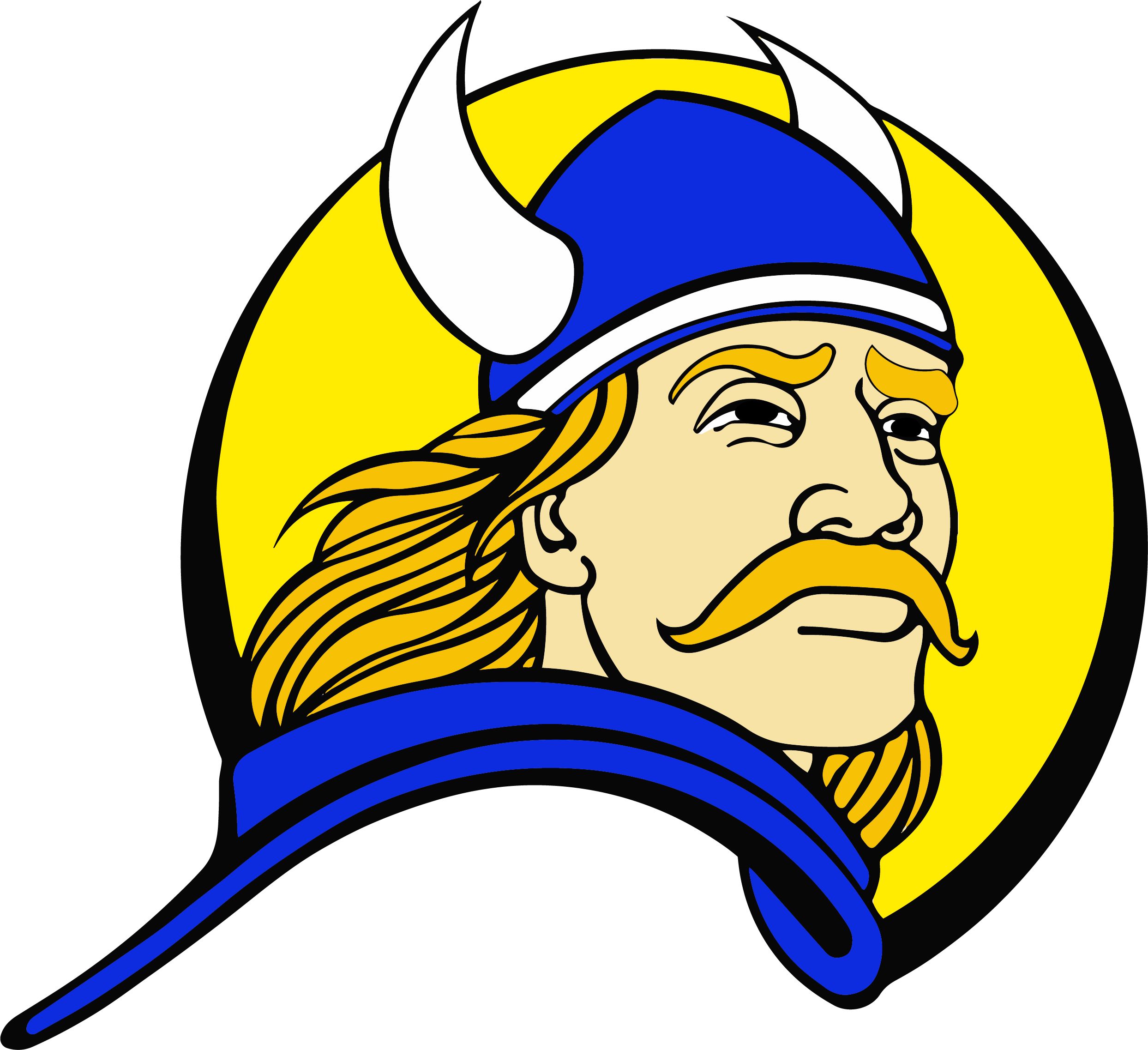Parsons High School debate team is nearing the end of its season.
There were no national qualifiers from PHS at the national qualifying tournament this past Saturday. PHS landed in sixth place.
That said, the team of Madelyn Armitage and Jayce Quirin are going to the two-speaker state tournament.
“This coming weekend we have a four-speaker team for a slightly different kind of debate. Each team debates one side only, so you have an affirmative team and a negative team. They combine their records,” PHS debate teacher Ed Workman said.
It’s the regional competition for four speaker debate and it’s also a chance for those students to qualify for state, too. That four-speaker team consists of Jazzy Palmer, Makenzi Taliaferro, Jamoni Standifer, Hulleah Tsinhnahjinnie, Chei Tsinhnahjinnie, and Allisson Ramirez..
The regionals are at McPherson.
“So, it’s kind of a chance for some of the other one’s to flex their muscles a little bit,” Workman said. “They’re not novices now that this year’s over.”
The state debate tournament will be held at Washburn Rural, in Topeka, Jan. 12-13.
“Overall, we had a good year. We’re pretty happy. Jayce and Madelyn did an outstanding job. They pretty much won everywhere they went, so we are excited to see what they do at state,” Workman said.
As new members enter, there are always challenges, though some are more unique than others.
“It was definitely a year where everybody, including myself, got to learn new things and try different things. These freshmen, it’s not that they are different from previous years, but every now and again you have the change of times. It’s like you cross over imaginary boundaries,” Workman explained.
The first boundary Workman noticed in teaching debate was from people who knew who Nickelback was to people who no longer knew who Nickelback was.
“There are little cultural markers that are no longer relevant. We are kind of passing another one of those. This is the first group… there are some events that I like to use to teach concepts, like 9-11 and that kind of thing. These guys are kind of past that because of when they were born, so it really doesn’t resonate with them,” he said. “For a lot of years, even the people who didn’t really remember it would be, ‘I was in kindergarten when that happened,’ or “I was in first grade when that happened.” Now we’re in the group, ‘I don’t know what you’re talking about because I’m 15 and that was 22 years ago.’”
He's now on the search for things that will help him make relevant the points that he wants to get across, so this next year he can tap into those culturally relevant elements that bring greater understanding.
“Some people think it’s just a difference in the slang and the lingo. No,” Workman said. “It’s much, much deeper.”

